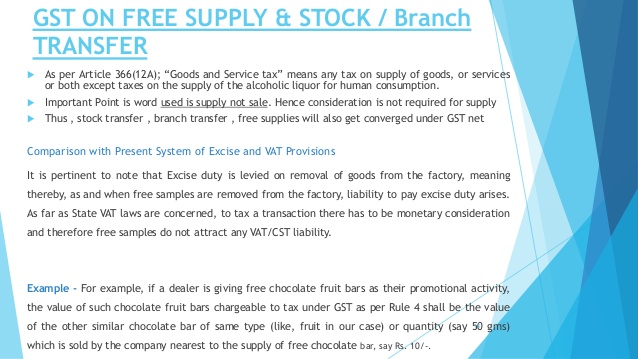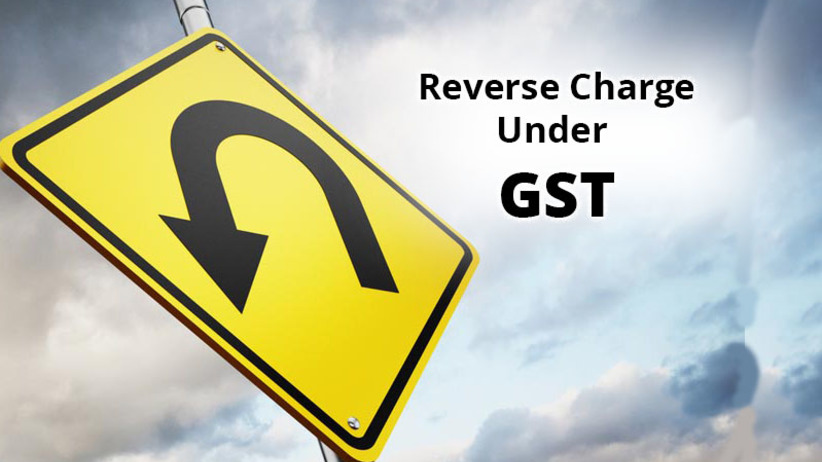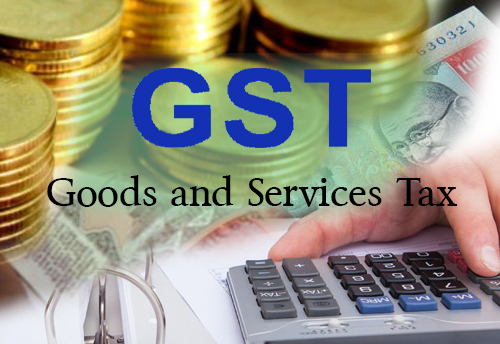GST Draft Set of rules released- Send your suggestions by 28th September 2016 to be considered

Send your suggestion on draft GST Bill by 28 Sep 2016
CBEC has issued draft set of rules for GST and has invited comments on the same from public. The gist of such rules is given below.
The suggestions, if any, should reach GST council by 28th September 2016 and the same would be considered by GST Council in its meeting schedules for 30th September 2016.

1. Tax Payments exceeding Rs 10000 to be compulsorily online- Tax payments exceeding Rs 10,000 would not be allowed under GST regime and such liability by traders or private companies would have to be paid online either through net banking or through debit or credit cards under GST regime. Only exception to this rule would be when the tax is being paid through either out of the funds seized during investigation by GST officials or by other Government departments.
2. User friendly initiative – issue of Provisional Registration- Assessees already registered under previous laws that have been subsumed into GST such as VAT, Excise or Service Tax etc would be given a provisional registration number(GST Identification number), called as GSTIN, and the same would be available on GST portal
Professionals demand certain amend to these rules as curtailing powers of field officers; no physical verification in case of migrating assesses.
3. Time bound verification –While registration, new assessees would mandatorily submit email, mobile and PAN number. PAN details of each assessee would be verified before issue of GST number in three days. However, non residents would have to submit information at least fve days before they start business in India
4. All invoices to be in triplicate- Invoices meant for goods to be exported would carry endorsement that the goods are meant to be exported and integrated GST would be payable on same.
Initial reaction to these rules-
Initial reaction by professional has been good as high reliance has been placement on online verification and payment which would make processes simple and transparent. However following aspects of the rules have not gone down well with some professionals-
1. While committing registration in three days, the mandatory physical verification of the premises may not be possible by the taxation team and it may lead to unnecessary objections by them on assessee to justify their failure to verify.
2. The rules provide for suo-motto registration of the persons who the department thinks should have applied for registration but have failed to apply for the same. On whom would be the onus of verifying such premises? What if the premises of those persons are not verifiable by GST department?
3. Such physical verification should only be restricted to new assessees and not be mandatory in case of migrated assessees as the same have already been verified under previous law
4. As we are now moving to total digital environment as application for registration, filing of returns, payment of taxes, arbitrary powers to field officers in some cases such as verification during registration may be dispensed with


 Sales Tax For E-Commerce: 3 Things Small Businesses Should Know
Sales Tax For E-Commerce: 3 Things Small Businesses Should Know  What Is The GST Liability on Free Supply of Goods and Services?
What Is The GST Liability on Free Supply of Goods and Services?  Some FAQs about GST- Understanding Scope and Provisions of GST
Some FAQs about GST- Understanding Scope and Provisions of GST  Understanding the Reverse Charge mechanism under GST and IGST?
Understanding the Reverse Charge mechanism under GST and IGST?  Pros and Cons of GST- Is Ushering in of GST worth Celebrating as media wants us to believe?
Pros and Cons of GST- Is Ushering in of GST worth Celebrating as media wants us to believe?  Arrests and Detention Provisions under GST in Detail- Are these justified
Arrests and Detention Provisions under GST in Detail- Are these justified  ITAT Amritsar: No Section 269SS Violation for One-Time Cash Payment Before Sub-Registrar
ITAT Amritsar: No Section 269SS Violation for One-Time Cash Payment Before Sub-Registrar  Tax Officials Unleash Digital Dragnet: How New Raid Powers Redefine Privacy, Property Rights in India and likely to Fuel Corruption
Tax Officials Unleash Digital Dragnet: How New Raid Powers Redefine Privacy, Property Rights in India and likely to Fuel Corruption  Income Tax Department Rewards for Reporting Tax Evasion: A Comprehensive Guide
Income Tax Department Rewards for Reporting Tax Evasion: A Comprehensive Guide  Forfeiture of Gratuity by Employer- What are the Remedies for an employee- Can employer be challenged?
Forfeiture of Gratuity by Employer- What are the Remedies for an employee- Can employer be challenged?